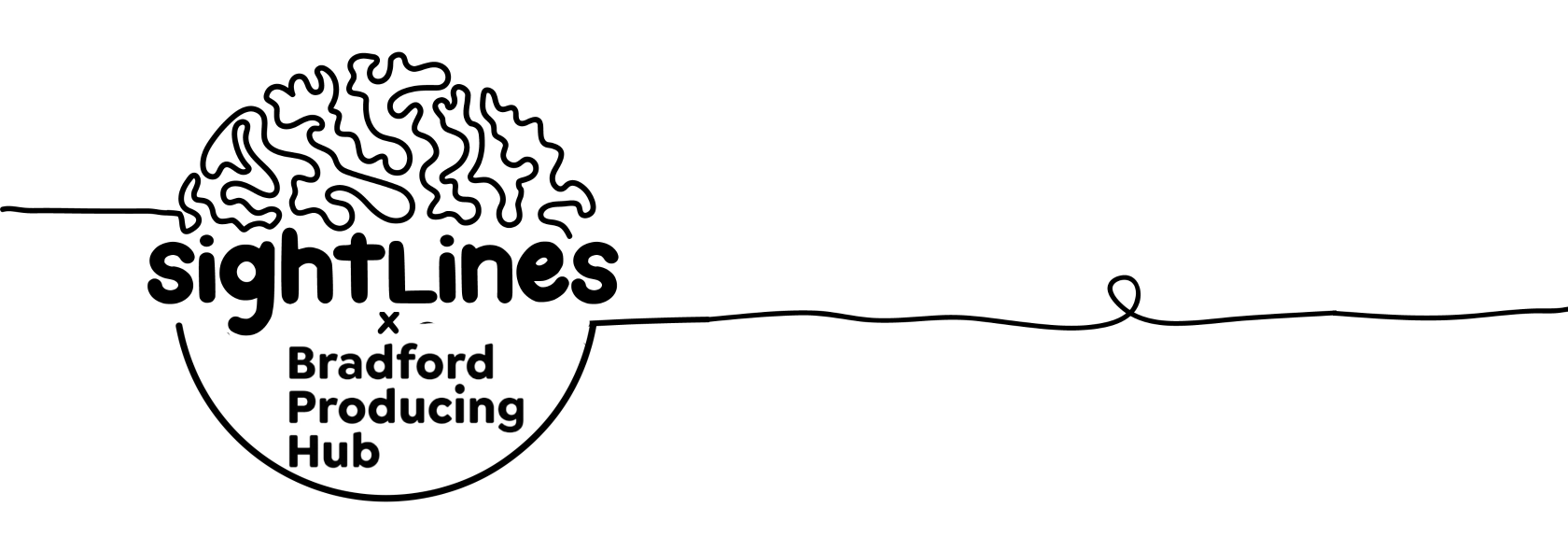The word ‘clown’ is most commonly associated with red-nosed children’s entertainers, technicolour wigs at the circus and absolute terror (coulrophobia is the official term).
But theatrical clowning is far less intimidating: the Bristol Physical Theatre Project defines it as a character-oriented performance tool that “explores the dynamics of the clown’s reactions to the world which rejects them, exacerbating their perpetual failure”.
Clowns represent outsiders who fail to understand the established order and the rules it dictates. As a result, they disrupt rules which leads them to absurd, comic and idiotic situations.
The freedom of silliness that is permitted in clowning makes it a practice that is particularly beneficial for the wellbeing of the performer. Sightlines spoke to a trio of clowns, Lucy Hopkins, Helen Duff and Lorna Rose Treen, to find out more…
Playfulness
“Clowning is all about playing in the moment.” says Lucy Hopkins. As a practice, it is based on a desire to have fun, encourage silliness and be present, all key to positive wellbeing. “It’s about finding laughter in everything, including the difficult”.
It is this playfulness that is denied to us as adults in the world of work, explains Lorna Rose Treen: “when you’re working 9-5 in an office, there is very little time for play. We live in a society that, on the whole, is not play-focused. We even spend our government mandated adult play-days (weekends) catching up on domestic tasks that have been ignored during the week.”
Helen Duff notes that there is an assumed belief that formality in the workplace leads to productivity and efficiency. “There is an acute sense that we have to take things seriously to get shit done. The idea that you can be silly in front of colleagues is reserved for nights out when silly behaviour can be blamed on alcohol. We have set up societal codes of conduct that are restrictive. But clowns shake up these established boundaries”
Clowning privileges the pursuit of pleasure, enjoyment and imagination. That’s why for Lucy Hopkins, it is “a special kind of medicine that is hugely liberating. It is intrinsically linked to wellbeing: my own and through the effect it has on others.”
Accepting Mistakes/Failure
A big part of clowning is celebrating mistakes and fragility. Clowns do not avoid failure, problems and being caught out –on the contrary, they thrive on struggle.
For Helen Duff, this helped her to overcome a range of personal blocks such as stage fright and low confidence levels.
“Originally, I was intimidated by the comedy scene [at university] but clowning triggered my eccentric side to come out which surprised me. I learnt to follow my gut and take more risks and as a result was cast in more comedy parts!”
She also notes that when we allow mistakes to happen, people will get more done because they are free to be their whole selves rather than a performative “version of adulthood”.
For Lorna Rose Treen, she was viscerally confronted with her fear of failure when she started clowning. “Clowning rephrases failure into something joyous and pleasurable and desired. Gradually, it taught me to run towards my mistakes and celebrate losing”.
This normalisation of vulnerability on stage, at the crux of clowning, has become a habit that transfers healthily into her life off-stage.
Mindfulness
All of the clowns that we spoke to emphasised the importance of “being in the now”. “When you’re on stage, it’s just you and the audience. There is no past, no future. There are no emails to send (or ignore) or dishes to do (or let pile up). It’s mindful.”
Mindfulness is a concept that is at the heart of many meditation and spiritual practices and undoubtedly has benefits for one’s wellbeing.
“If we can forget everything on stage and laugh at our greatest fears, everything gets a little lighter and easier to carry.”
And that’s a start isn’t it.





 Nikita Karia
Nikita Karia
